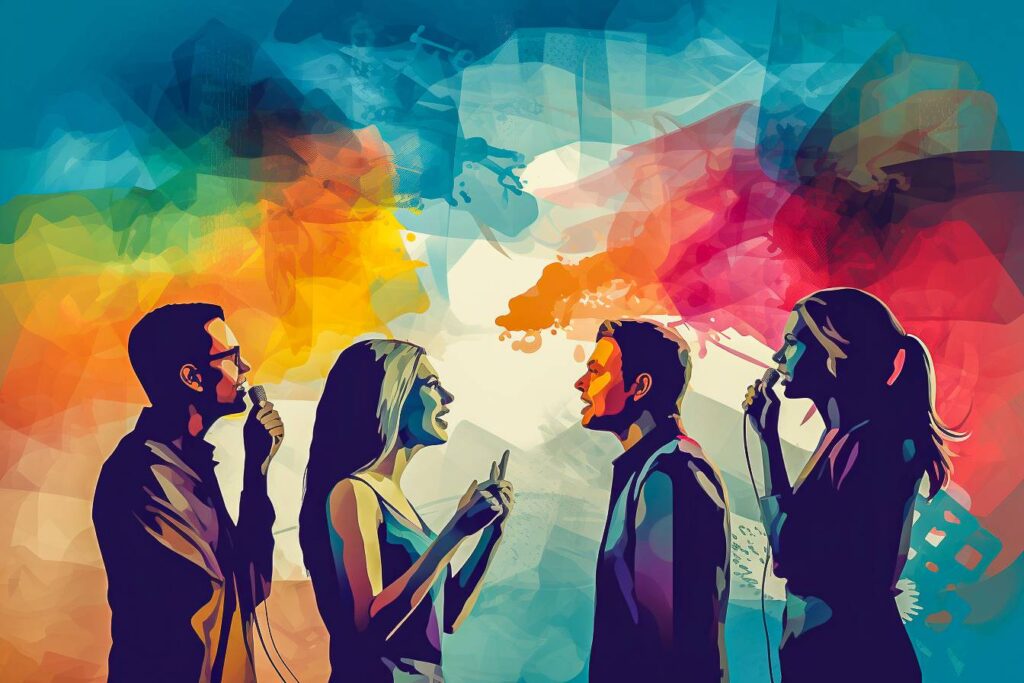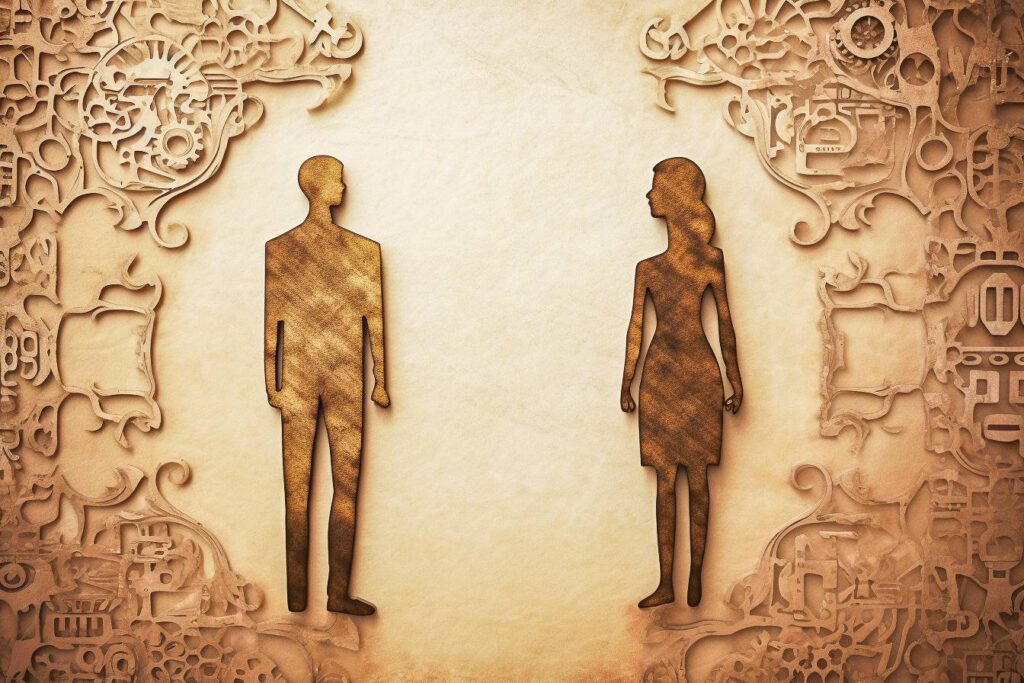Culture is the unwritten rules that govern behavior, beliefs and social interactions within a particular community or society. Culture, which comes from traditions, history and values, is a reference point that individuals use in their social environment. The main differences in world culture can be observed by the geographical location of a community or society.
One of the key aspects of culture is its role in promoting social order and balance. It provides individuals with a shared vision of the world to understand and anticipate each other’s actions, contributing to a sense of predictability and stability. For example, culture determines appropriate dress codes, greetings and communication styles, creating a common language of behavior that promotes social harmony.
Culture often plays a decisive role in shaping gender roles, family structures and the distribution of power within a community. These rules can be inherited from generation to generation, becoming a cornerstone of cultural identity and a means of preserving a community’s unique heritage.
While culture provides a sense of belonging and continuity, it is not static. Societies evolve and so do their cultural values and norms. Communities debate what is considered acceptable or appropriate, reflecting cultural adaptation to changing circumstances.
Adherence to cultural norms in society is not universal or homogeneous. Individuals may have different orientations towards cultural norms based on factors such as personal beliefs, generational differences or the existence of different perspectives.
Understanding cultural values and norms is essential for effective communication and mutual respect in a multicultural world. Accepting diversity involves recognizing and valuing cultural differences, thus enabling different individuals with different cultural values and norms to live together successfully.




